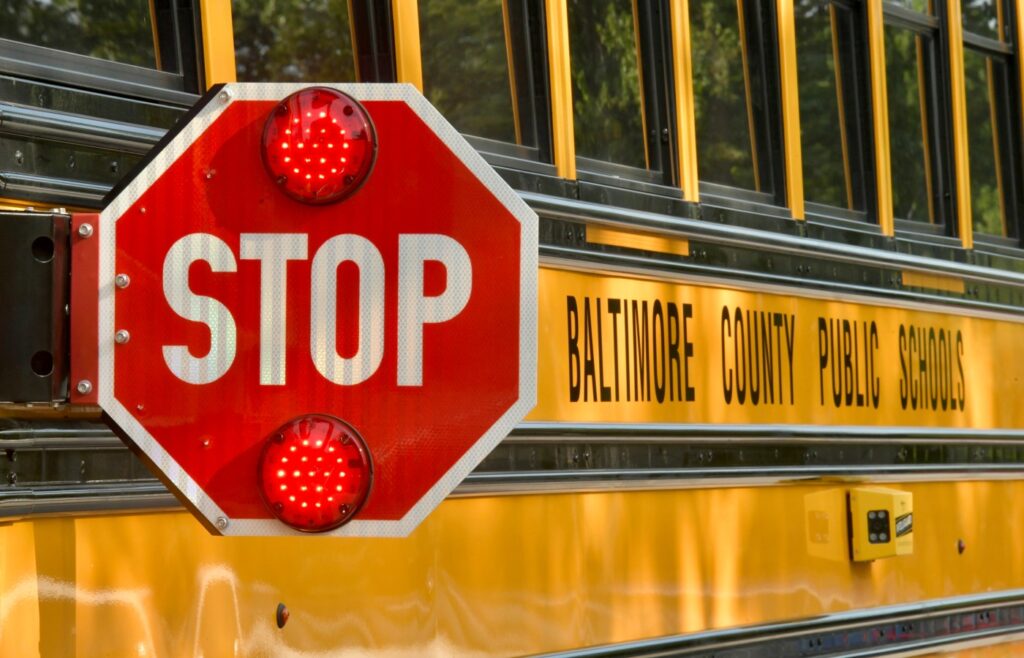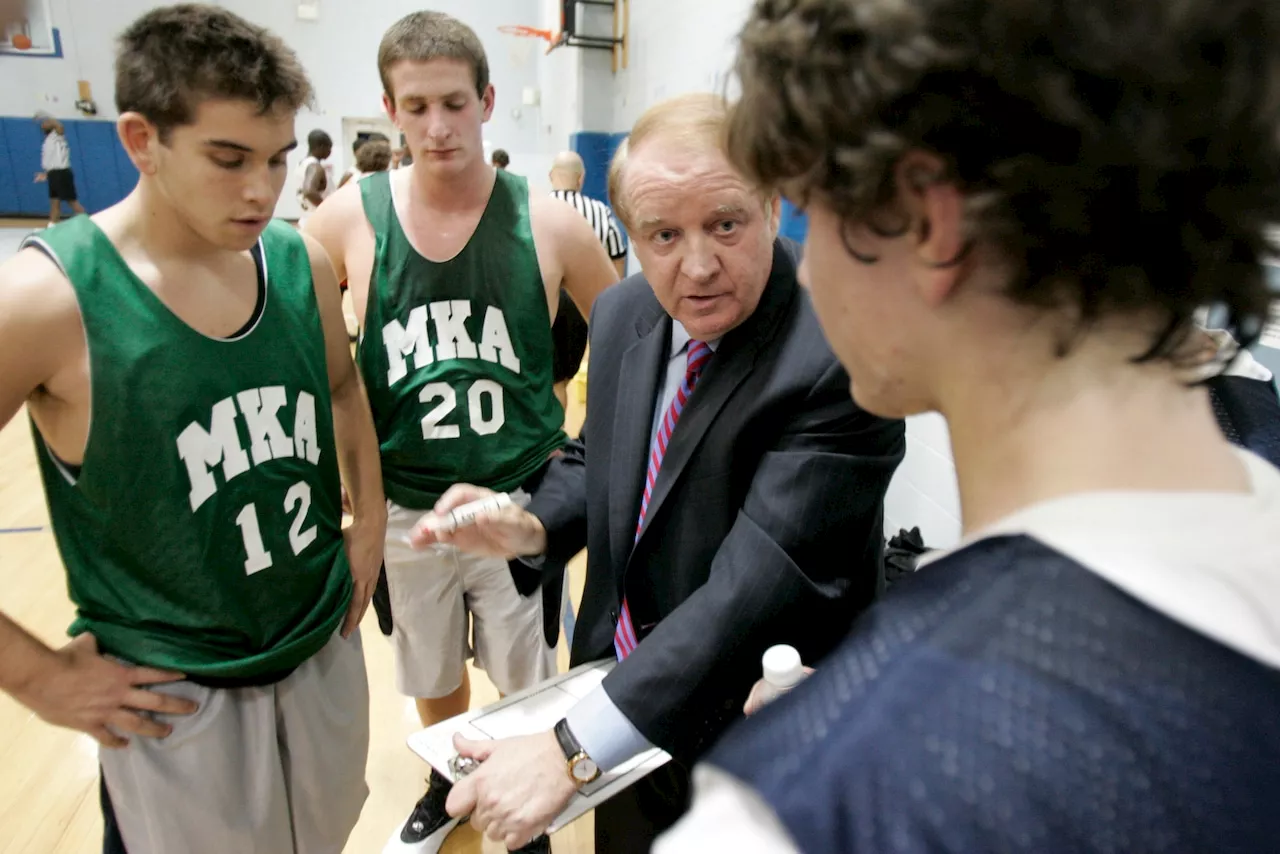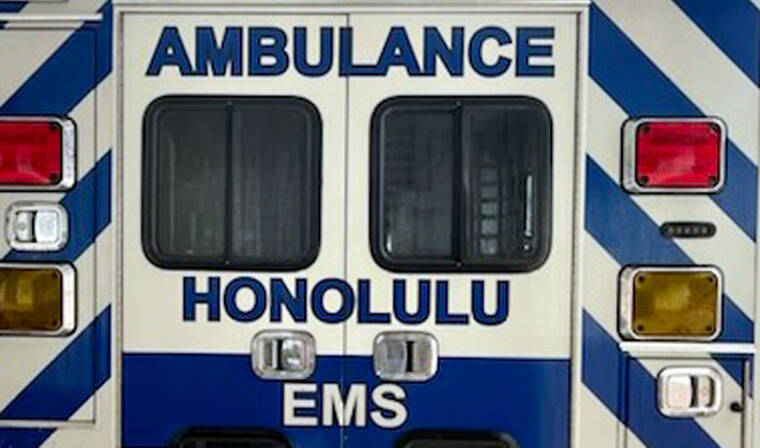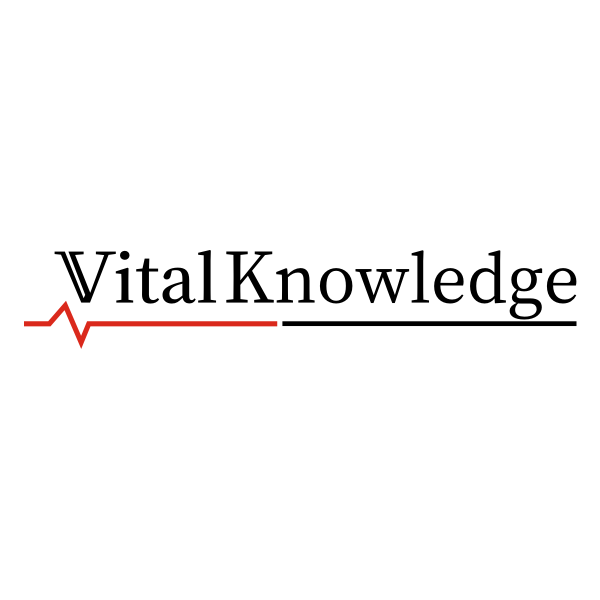
Significant reductions in federal staff overseeing special education have raised concerns among schools and families across the United States. These federal offices play a critical role in ensuring that students with disabilities receive necessary support and accommodations. As oversight diminishes, states and local systems will bear increased responsibility to maintain educational access for all students.
The Maryland School for the Deaf (MSD), the only public school in Maryland dedicated exclusively to deaf and hard-of-hearing students, finds itself at the forefront of these challenges. Recognized nationally for its educational excellence, MSD serves as a vital resource for families seeking consistent, high-quality instruction, particularly in light of limited local resources and federal oversight.
Concerns have emerged regarding the issue of language deprivation in mainstream educational settings, a challenge that may worsen due to recent federal actions. Many deaf and hard-of-hearing students in these environments struggle to fully access their learning, resulting in delays in language acquisition, socio-emotional development, and academic achievement. In fact, a substantial number of students in many schools for the deaf nationwide are late transfers from mainstream schools, arriving with these avoidable delays.
MSD’s commitment to bilingual education is outlined in its 2025-2030 strategic plan, which aims to tackle the pressing challenges faced by deaf students. Emphasizing the integration of American Sign Language and English across academic and extracurricular programs, MSD strives to create a linguistically rich environment. This approach ensures that students develop robust language skills, critical thinking abilities, and a strong sense of self.
Collaborative Efforts and Community Engagement
MSD actively collaborates with the Maryland State Department of Education and local districts to enhance statewide practices in deaf education. Through its leadership and expertise, MSD aims to foster more inclusive and accessible learning environments that support the success of deaf and hard-of-hearing students.
Engagement with families is another cornerstone of MSD’s approach. The school provides parents with essential information, training, and guidance, empowering them to navigate the educational landscape confidently. Access to reliable resources enables families to advocate effectively for their children’s needs, ensuring consistent, high-quality instruction.
Leadership in deaf education is crucial, and Maryland has the opportunity to set a national benchmark. MSD’s accreditation and strategic planning reflect a steadfast commitment to excellence, inclusion, and equitable opportunities for all students. The school exemplifies how a public institution can deliver high-quality instruction while coordinating educational services effectively.
Looking Ahead: Opportunities for Progress
The recent reduction in federal oversight presents both challenges and opportunities. Maryland stands poised to demonstrate how states can provide stability and continuity in education during times of national uncertainty. MSD’s experience illustrates that with thoughtful leadership, collaborative partnerships, and strong family engagement, deaf and hard-of-hearing students can continue to learn, grow, and achieve their potential.
In light of these developments, Kelby Brick, a civil rights attorney and former executive under Governors Larry Hogan and Wes Moore, along with Wyatte Hall, an assistant professor at the University of Rochester Medical Center, and John A. Serrano, the superintendent of MSD, urge families, educators, and policymakers to unite in support of deaf students across Maryland and the nation. Together, they can work to ensure that all children have access to the essential resources and instruction they need to thrive.
As a deaf-led school dedicated to educational excellence, MSD remains a safe harbor, committed to providing stability and high-quality education when families and deaf children need it most.






